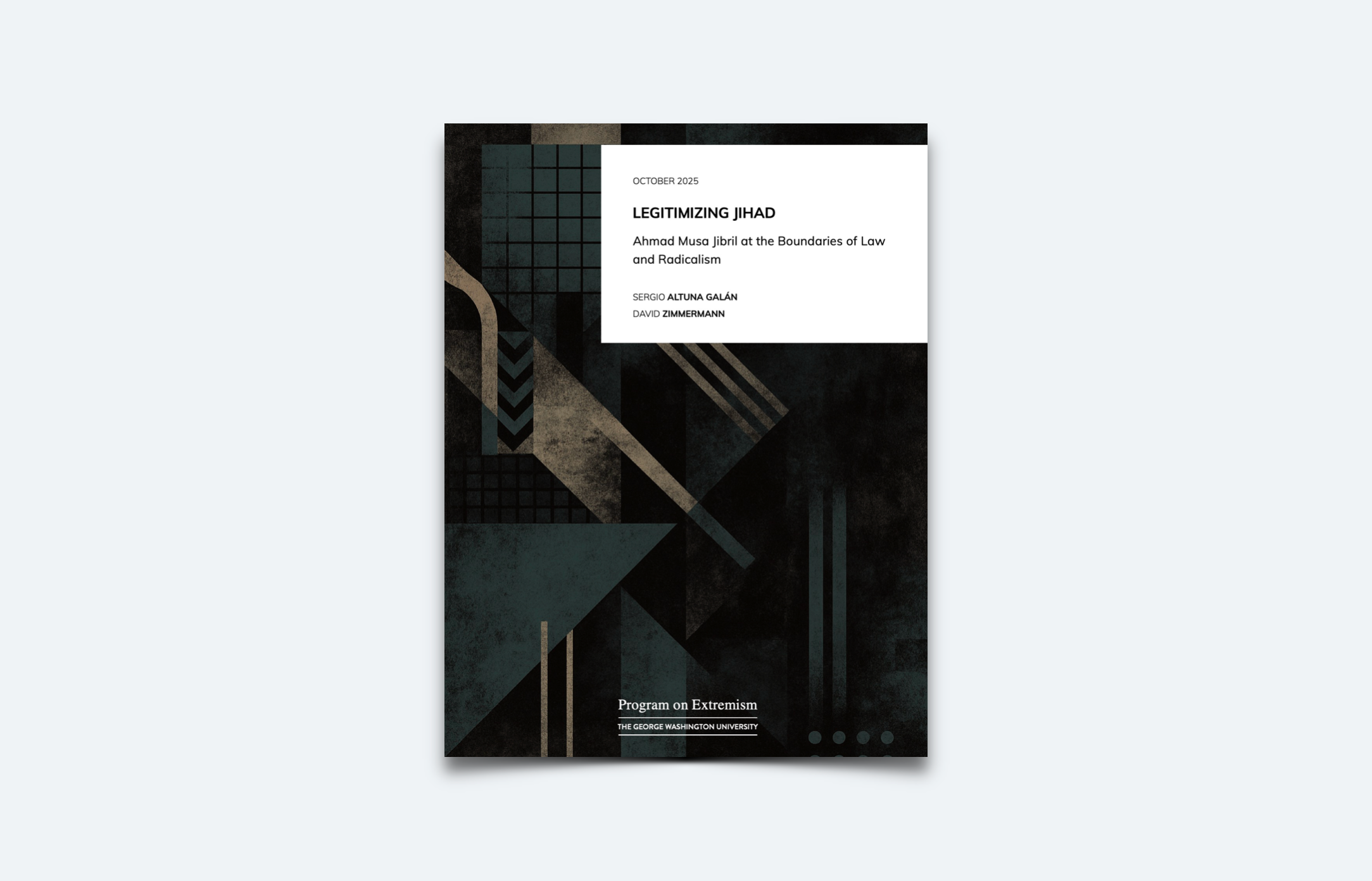Ahmad Musa Jibril is a U.S.-born cleric of Palestinian descent based in Dearborn, Michigan, whose combination of traditional Salafi education, legal training, and prolific online activity has positioned him as one of the most influential extremist preachers operating in the West. Over time, his discourse—as analyzed in this paper alongside his ideology and digital strategy—has attracted a significant transnational following, positioning him as a pivotal agitator whose Salafi credentials and online reach combine to produce a distinctly radicalizing and dangerous discourse.
Doctrinally, Jibril draws explicitly on classical Salafi authorities and textualist methodologies to justify contemporary militancy: he normalizes armed jihad as a religious obligation and elevates martyrdom as a pedagogical and aspirational ideal. His positionings also include the endorsement of punitive responses to perceived insults to Islam and takfīr-adjacent delegitimization of those he deems deviants (notably Shia, state-aligned scholars, and Muslim rulers). Coupled with prescriptive social-isolation measures across family life, education, and gender relations, these discursive strategies create an insulated milieu that materially lowers the threshold from exclusionary rhetoric to potential mobilization.
Politically, Jibril frames the United States as an existential enemy of Islam— rejecting civic participation, military service, and democratic engagement as forms of betrayal of the Muslim faith—and combines this rejection with a valorization of jihad and martyrdom that renders his message strategically combustible. Paradoxically, he delivers this message from within the United States: the report highlights how constitutional protections and Jibril’s own legal literacy have enabled him to disseminate an ideology through messages that hover near—and occasionally even seem to edge beyond— the threshold of direct and prosecutable incitement, while sustaining a durable reservoir of radicalizing content.


